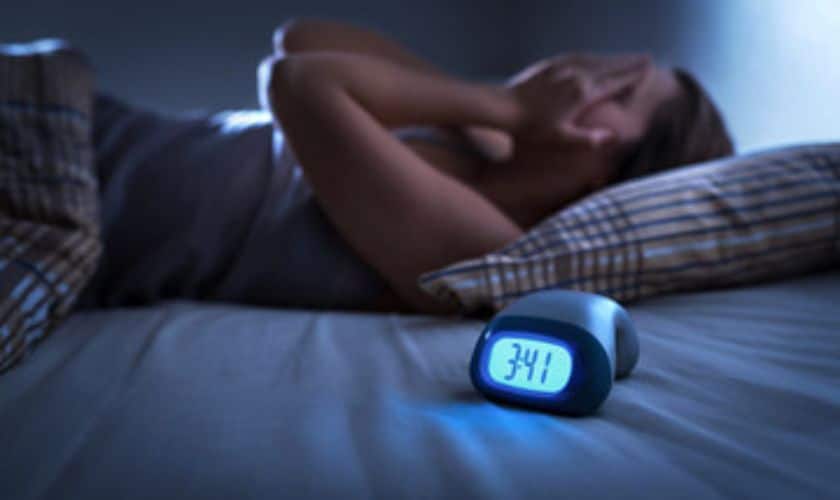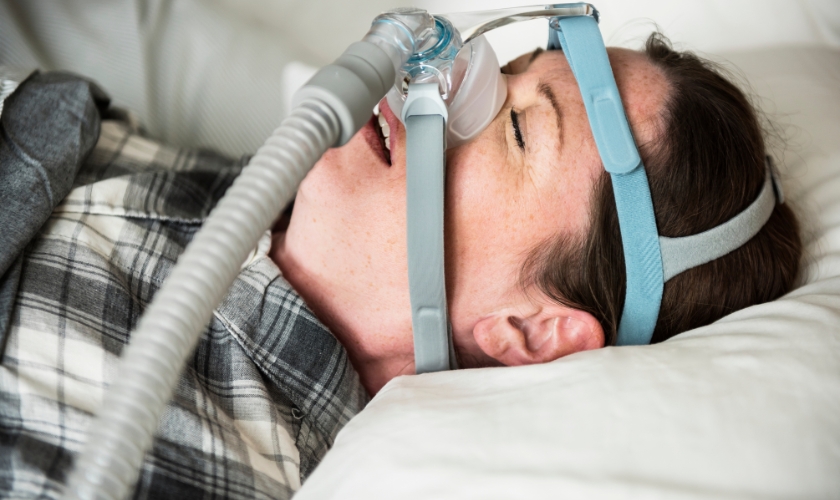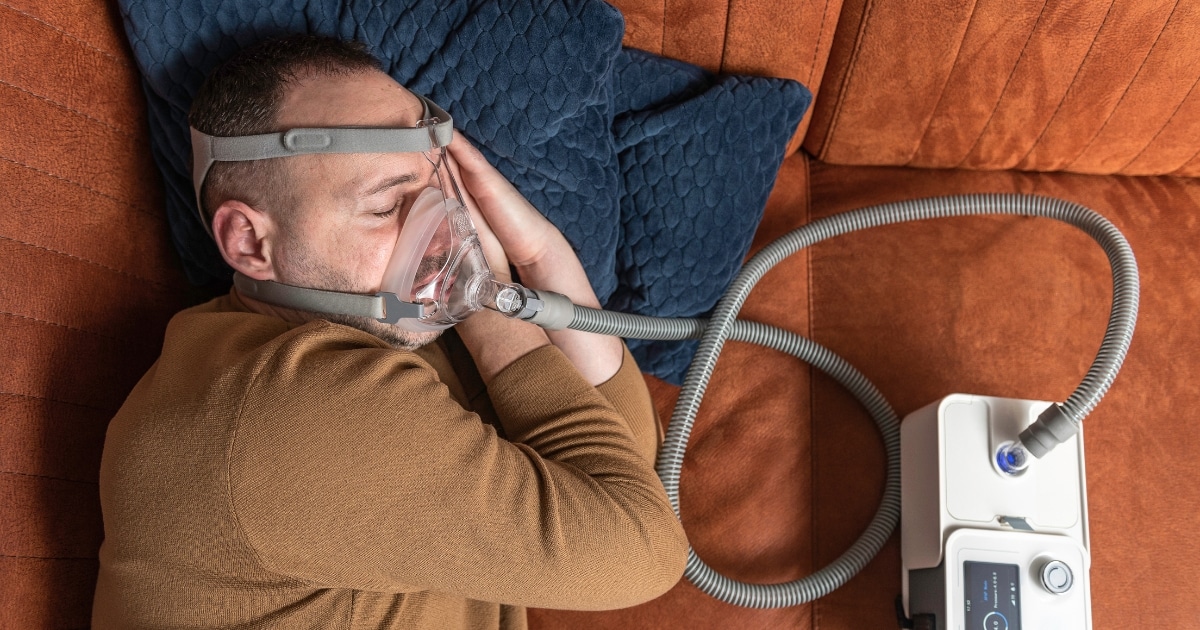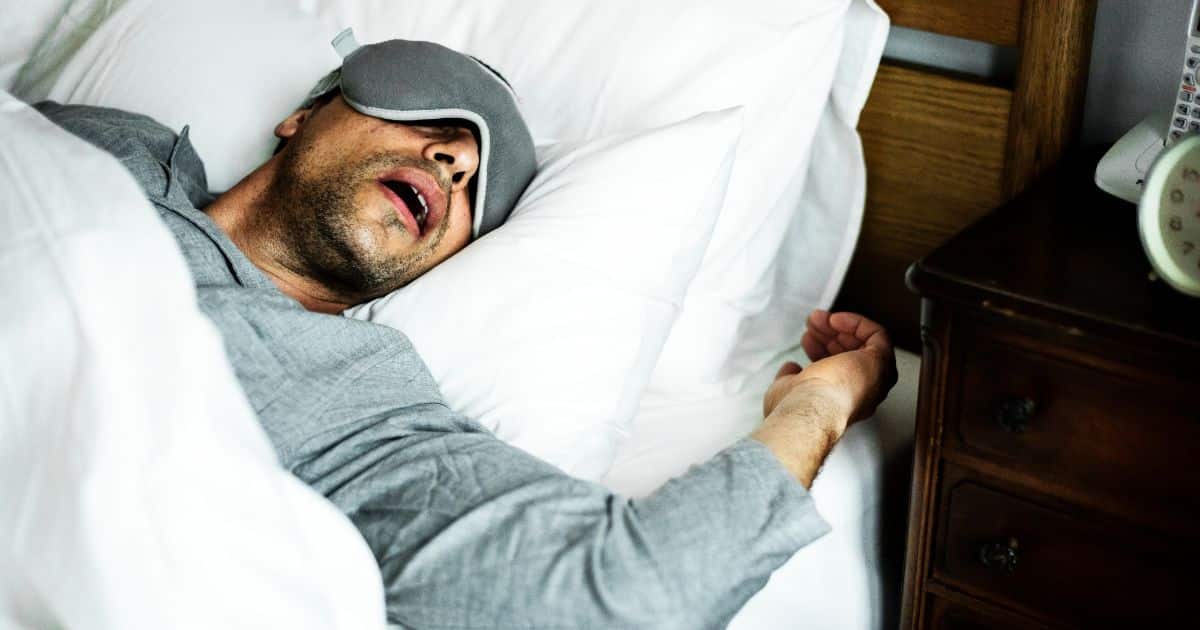
Sleep apnea is a common sleep disorder that affects millions of people worldwide. It can lead to fragmented sleep, daytime fatigue, and other health issues. While medical treatments like CPAP machines are effective, many individuals seek natural remedies to improve their sleep quality. In this blog, we will explore six lifestyle changes and natural remedies for sleep apnea. These simple yet effective practices can complement traditional treatments or be adopted as standalone approaches to enhance sleep and overall well-being. By incorporating these changes into your daily routine, you can take meaningful steps towards better sleep and improved health.
Sleep Apnea: Overview
Sleep apnea is a common sleep disorder characterized by interrupted breathing during sleep. There are two main types of sleep apnea: obstructive sleep apnea (OSA) and central sleep apnea (CSA). OSA occurs when the airway is partially or completely blocked, while CSA involves a communication breakdown between the brain and respiratory muscles. Both types can lead to fragmented sleep, causing daytime fatigue and other health issues.
Common symptoms include loud snoring, choking or gasping during sleep, and excessive daytime sleepiness. Sleep apnea can significantly impact overall health, increasing the risk of heart disease, stroke, and other medical conditions. Timely diagnosis and appropriate treatment are crucial for improving sleep quality and overall well-being.
Lifestyle Changes for Better Sleep
1. Maintain a Consistent Sleep Schedule: Establishing a regular sleep-wake cycle helps regulate your body’s internal clock, promoting better sleep quality and overall health. Try to go to bed and wake up at the same time every day, even on weekends.
2. Create a Relaxing Bedtime Routine: Engage in calming activities before bedtime, such as reading a book, taking a warm bath, or practising relaxation techniques like deep breathing or meditation. These routines signal your body that it’s time to wind down and prepare for sleep.
3. Improve Sleep Environment: Make your bedroom conducive to sleep by keeping it dark, quiet, and at a comfortable temperature. Invest in a supportive mattress and pillows to ensure proper alignment and reduce the risk of sleep apnea-related discomfort.
Sleep Position and Sleep Environment
1. Sleep Position: For individuals with mild obstructive sleep apnea, changing sleep position may help reduce symptoms. Sleeping on your side rather than your back can prevent the tongue and soft tissues from blocking the airway, improving airflow during sleep.
2. Sleep Environment: Create a comfortable and relaxing sleep environment that promotes restful sleep. Remove electronic devices and sources of light that can disrupt sleep. Consider using white noise machines or earplugs to block out noise that might disturb your sleep, and invest in blackout curtains to keep your room dark during sleep hours.
Breathing Exercises and Relaxation Techniques
1. Breathing Exercises: Practicing deep breathing exercises before bedtime can help relax the body and mind, reducing stress and promoting better sleep. Techniques like diaphragmatic breathing and alternate nostril breathing can improve respiratory function and calm the nervous system.
2. Relaxation Techniques: Incorporate relaxation practices such as progressive muscle relaxation, guided imagery, or meditation into your bedtime routine. These techniques can help reduce muscle tension, quiet the mind, and alleviate stress, leading to more restful sleep and potentially improving sleep apnea symptoms.
The Role of Sleep Hygiene
1. Consistent Sleep Schedule: Maintaining a regular sleep schedule by going to bed and waking up at the same time each day can help regulate your body’s internal clock and improve sleep quality.
2. Sleep-Friendly Environment: Creating a comfortable sleep environment is essential for better rest. Ensure your bedroom is cool, dark, and quiet, and invest in a supportive mattress and pillows to promote restful sleep and potentially alleviate sleep apnea symptoms.
Avoiding Sleep Apnea Triggers
1. Alcohol and Sedatives: Avoid consuming alcohol and sedative medications before bedtime, as they can relax the muscles in your throat, potentially exacerbating sleep apnea symptoms.
2. Smoking: Quit smoking, as smoking can cause inflammation and swelling in the airways, making it more difficult to breathe during sleep and contributing to sleep apnea.
Natural Supplements and Herbal Remedies
1. Some natural supplements, such as melatonin or valerian root, may help improve sleep quality and promote relaxation. Still, it’s essential to consult with a healthcare professional before using them for sleep apnea.
2. Herbal remedies like chamomile tea or lavender oil may have calming effects, aiding in better sleep, but they should not be considered as a replacement for medical treatment for sleep apnea. Always discuss any herbal remedies with your healthcare provider to ensure they are safe and appropriate for your specific condition.
Source: Cleveland Clinic
Thus, incorporating natural remedies and lifestyle changes can be effective in improving sleep quality for individuals with sleep apnea. While these methods may not cure the condition entirely, they can complement medical treatments and enhance overall well-being. It is essential to work closely with healthcare professionals to create a personalized approach for better sleep and a healthier life.
Some FAQs include:
1. Can lifestyle changes alone cure sleep apnea?
While lifestyle changes can significantly improve sleep apnea symptoms, they may not cure the condition entirely. Consult with a healthcare professional for a comprehensive treatment plan.
2. Are there specific foods that can worsen sleep apnea?
Certain foods like heavy meals, caffeine, and alcohol can disrupt sleep and worsen sleep apnea symptoms. Avoiding them close to bedtime is advisable.
3. Can losing weight help with sleep apnea?
Yes, weight loss can reduce the severity of sleep apnea, especially in cases associated with obesity. Shedding excess weight can improve airflow during sleep.
4. Is sleep position important for sleep apnea?
Yes, sleeping on your back can exacerbate sleep apnea symptoms. Sleeping on your side might be more beneficial as it helps keep the airway open.
5. Can stress and anxiety worsen sleep apnea?
Stress and anxiety can contribute to sleep disturbances, which may worsen sleep apnea symptoms. Incorporating relaxation techniques can help manage stress and improve sleep quality.


